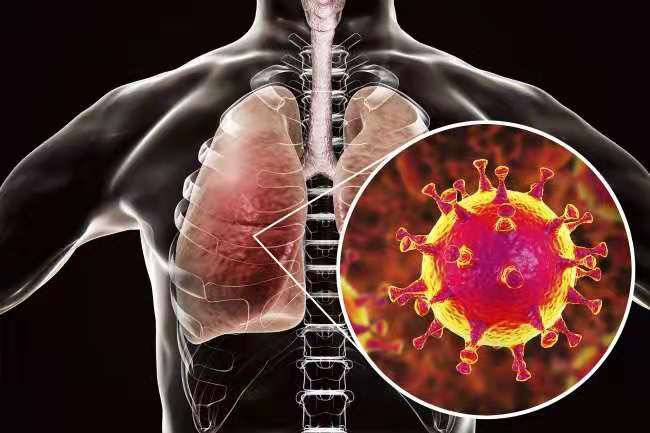"I saw the first results and I thought: "Holy fuck, that timeline."
Dutch scientists are working on a #Coronavirus exit strategy that could last anywhere between one and two years. "One sneeze, one cough and the virus could explode again..."
1.
- The population may have to do some degree of social distancing for one or even several years before the pandemic is over.
2.
- The 'exit strategies' now being hastily devised & calculated are all very difficult to maintain, socially disruptive, expensive & time-consuming.
3.
4.
5.
6.
7.
'And don't think that if you let the virus spread freely, you will be there in a few weeks: "In our model, 200 days of a completely uncontrolled outbreak, you'd have so many patients the ICUs could no longer cope."
8.
9.
10.
11.
12.
13.
14.
15.
16.
17.
18.
"We are not saying that it should be this way. That is up to politics and society. We only give schools of thought to how it could theoretically be done.”
19.
20.
21.
22.
23.
24.
A strategy will have to reached soon, otherwise it will only be philosophising without obligation. In the slack group, someone asks, "How much time is there exactly?"
Ends.






